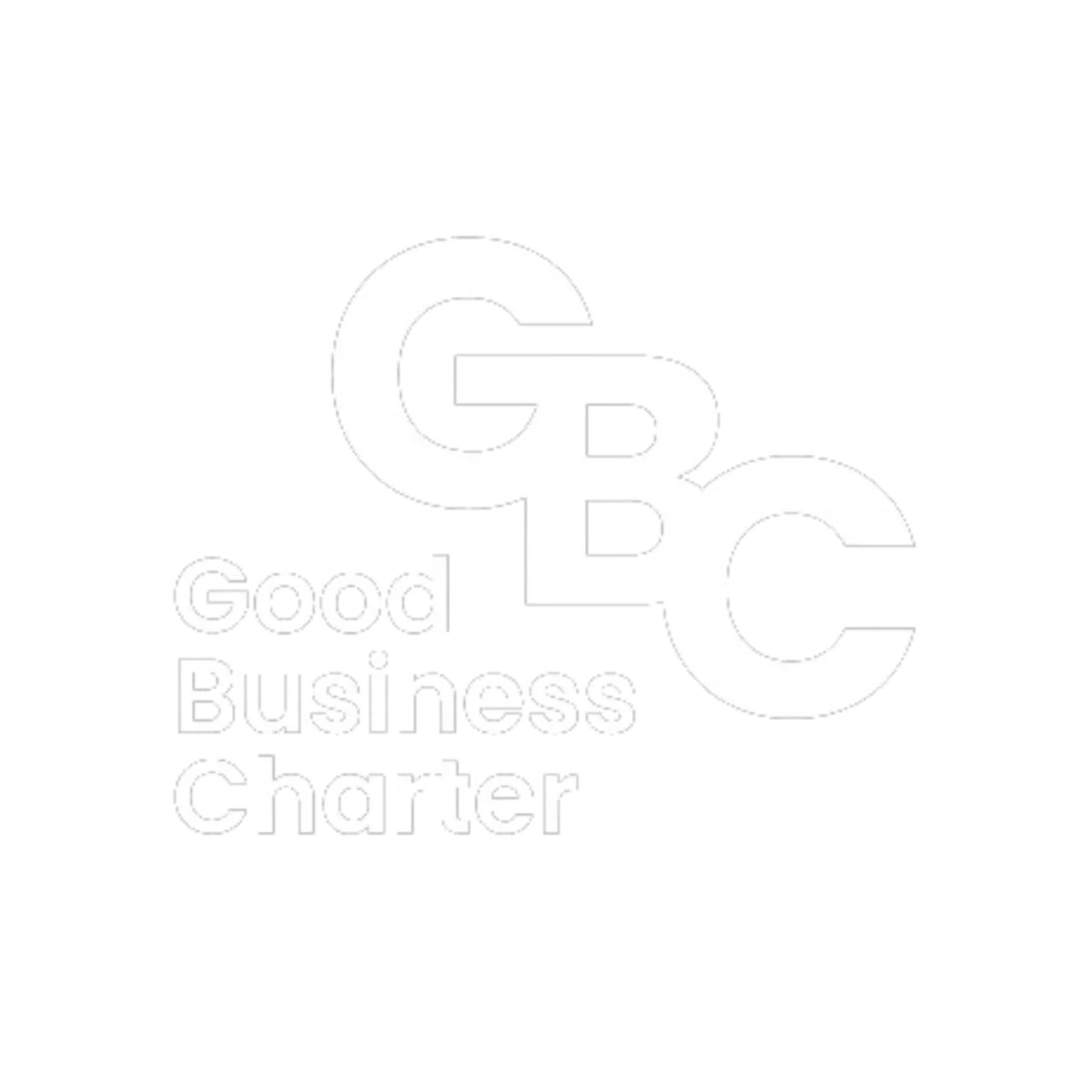Unlocking Success: 6 Compelling Reasons Why You Should Utilize Recruiters And What Questions To Ask
10 Jan, 20225 minutesWhen you receive a call or email from a recruiter, your first instinct is to hang up or igno...

When you receive a call or email from a recruiter, your first instinct is to hang up or ignore it, but you should view it as a learning opportunity, even if you aren't seriously considering leaving your current position.
Finding the ideal candidate or landing the ideal job can be challenging tasks in today's fast-paced and competitive employment market. This is when recruiters' experience is useful. In order to bridge the gap between job seekers and businesses and streamline and improve the hiring process, recruitment firms and specialists are experts in this field. In most circumstances, the experience will help you learn more about yourself as a job candidate and give you an idea of what employers are looking for – information that will prove invaluable when time comes to make a change.
When given a compelling opportunity, we've seen people, who weren't previously considering a career transition, dramatically transform their perspective — and approach — and end up better off.
Six strong arguments for using recruiters in your job search or hiring processes.
Access to a Vast Network:
Recruiters are akin to the gatekeepers of a vast and interconnected world of opportunities. Their expansive network spans industries, companies, and professionals. This network isn't just a collection of business cards and LinkedIn connections; it's a dynamic ecosystem they've cultivated over time. This means that when you engage with a recruiter, you're tapping into a web of connections that can potentially lead to unadvertised job opportunities.
These unadvertised positions often represent hidden gems within the job market. Companies might not advertise these roles on public job boards due to a variety of reasons – they could be seeking discreet replacements, expanding their team in a targeted manner, or relying on the trusted network of recruiters to find the perfect fit. Recruiters have their ear to the ground and can uncover these hidden opportunities that might not be accessible through conventional channels.
Moreover, recruiters have direct connections with hiring managers. They're not just submitting resumes into an abyss; they're hand-delivering your credentials to decision-makers. This personal touch can significantly increase your chances of being noticed and considered for a role. The ability to match your skills, preferences, and aspirations with these curated opportunities is a distinct advantage that recruiters bring to the table.
Time and Efficiency
Job hunting can sometimes feel like a full-time job in itself. Crafting tailored resumes and cover letters, navigating application portals, attending multiple interviews, and waiting for responses can be overwhelming and time-consuming. For employers, sorting through a sea of resumes, conducting initial screenings, and coordinating interviews can be equally taxing.
Recruiters alleviate this burden. They streamline the process on both ends. For job seekers, recruiters take on the initial legwork – evaluating resumes, conducting preliminary interviews, and only presenting candidates who closely match the job requirements. This means you're not wasting time on roles that aren't the right fit.
On the employer's side, recruiters apply their expertise to select candidates who are not only qualified but also align with the company's culture and values. This means the hiring managers are presented with a more targeted pool of candidates, reducing the time spent sifting through numerous resumes.
Recruiters also handle the logistics, from interview scheduling to facilitating communication between both parties. This efficient orchestration of the hiring process frees up time for job seekers to focus on preparing for interviews and for employers to concentrate on core business activities.
Expertise in Candidate Selection
Recruiters have honed the art of candidate selection. They're not just matching keywords on resumes – they're assessing the bigger picture. For job seekers, this means that recruiters become partners in your career journey. They understand your strengths, aspirations, and the type of work environment that suits you best. This personalized approach helps guide you toward roles that align with your long-term goals, increasing your job satisfaction and career progression.
For employers, recruiters act as filters, sieving through the sea of applications to present pre-screened candidates who have a high likelihood of succeeding in the role. Recruiters evaluate not only technical skills but also soft skills and cultural fit. This meticulous selection process results in a higher probability of finding candidates who not only excel in their role but also contribute positively to the company's overall dynamics.
Recruiters bring a unique blend of intuition, experience, and data-driven decision-making to candidate selection, making the process more accurate and insightful.
Insider Insights
Recruiters possess an invaluable treasure trove of insider insights that can be a game-changer in your job search or hiring process. They are like anthropologists of the job market, deeply immersed in its nuances and constantly monitoring its shifts and trends.
Understanding industry trends is crucial for both job seekers and employers. Recruiters are attuned to the changing landscape of industries, from emerging technologies to evolving skill requirements. This knowledge empowers job seekers to make informed decisions about upskilling or transitioning to a new sector. For employers, it means gaining a competitive edge by being aware of what their competitors are doing, what skills are in demand, and how they can attract top talent.
Recruiters also possess a keen understanding of salary benchmarks. They can provide job seekers with accurate salary ranges for specific roles and industries, ensuring that you're not underselling your skills. Similarly, employers benefit from this insight by ensuring they offer competitive compensation packages that attract top candidates while also aligning with the market rates.
Furthermore, recruiters understand the specific needs of both job seekers and companies. They know the pain points that drive professionals to seek new opportunities and the challenges that companies face in finding the right talent. This holistic perspective enables recruiters to act as effective intermediaries, aligning the interests and needs of both parties.
In negotiations, this insider knowledge becomes a powerful tool. Job seekers armed with accurate market information can confidently negotiate compensation packages, while employers can make competitive offers that reflect the candidate's worth and market demand.
Confidentiality
The need for confidentiality is paramount, especially when job seekers are currently employed and exploring new opportunities under the radar. Announcing your job search openly could lead to uncomfortable situations with your current employer. Recruiters provide a shield of discretion. When you partner with a recruiter, your job search remains confidential. They'll handle the communication, interviews, and negotiations discreetly, ensuring that your current employer remains unaware until you're ready to make a move.
For employers, confidentiality is equally important. Imagine you're seeking to replace a key executive position or undergoing a restructuring process. Broadcasting such intentions can lead to uncertainty and disruption within the company. By engaging recruiters, companies can conduct their talent search confidentially, safeguarding their business operations and maintaining a sense of stability among the current workforce.
Personalised Guidance
Recruiters are not just matchmakers; they're also career coaches and hiring consultants. For job seekers, recruiters offer a wealth of guidance beyond the application and interview process. They can help you refine your resume, tailor your cover letter to specific roles, and even provide interview coaching. Their insights into specific company cultures can be instrumental in helping you prepare and present yourself in the best possible light.
For employers, recruiters act as trusted advisors. Crafting effective job descriptions, setting realistic expectations, and navigating the challenges that arise during the hiring process can be complex tasks. Recruiters, with their experience and understanding of the market, provide valuable guidance at every step. They assist in defining the profile of the ideal candidate, ensuring that expectations align with the available talent pool. They also help companies stand out in a competitive market by highlighting their unique strengths and opportunities.
So, if you are contacted by a recruiter, consider asking some questions and building a relationship as you never know what you might find out. Below are some questions you should consider asking.
Consider asking:
Why is the position open?
To comprehend the context behind a job opening, inquire whether the position is newly created or recently vacated. If the latter, ask why the prior occupant left and the duration the position has been open. This insight can reveal any ongoing challenges within the role or the organization.
What skills and experiences are valued most?
Request a comprehensive list of the skills and experiences that the hiring managers prioritize for the role. This list will serve as a valuable reference point for aligning your own capabilities with the employer's requirements, aiding you in making an informed decision about pursuing the opportunity.
What does the day-to-day of the job look like?
Go beyond the formal job description and gain a clearer understanding of the role's day-to-day responsibilities. This approach provides insights into how you'll spend the majority of your time, helping you visualize whether the role resonates with your career goals and strengths.
Why did you connect with me?
Seek to understand what aspects of your background and experience led the recruiter to consider you as a potential fit for the role. This question not only sheds light on how others perceive your skills but also gauges the thoroughness of the recruiter's evaluation, reflecting their grasp of the position's nuances.
Is there anything concerning about my CV or background?
Asking for areas of improvement in your application can provide valuable feedback for refining your resume, cover letter, and interview preparation. It allows you to strategically address any perceived gaps and enhance your candidacy.
What kind of flexible work arrangements are offered?
In a post-COVID world where flexible work arrangements have gained prominence, understanding the available options is crucial. Additionally, learning about the broader benefits of the position offers insights into the company's culture and values.
What can you tell me about the company's culture?
Delve into the organization's values and how they are tangibly manifested in its operations. Look beyond the surface-level information available on the company's website, and inquire about professional development opportunities, HR practices, and the elements contributing to a thriving organizational culture.
What work has been done for diversity and inclusion?
As diversity and inclusivity become paramount in the modern workplace, inquire about the company's efforts in this realm. Seek details about training initiatives and programs focused on creating a diverse and equitable environment.
What does the interview process entail?
If you decide to pursue the opportunity, understanding the interview process and its timeline is crucial. This insight helps you gauge the investment of time and effort required, enabling you to make an informed decision about the next steps.
The questions above are meant to be a starting point for assessing whether a potential career is a suitable fit for you and deciding whether you want to pursue an opportunity presented to you by a recruiter. It’s always good to think outside the box and come up with a couple more questions of your own. Moving to a new company can be intimidating, but it's also a fantastic — perhaps the best — way to grow your career. Before making a decision, gather as much information as possible and act on it.
If you're in need of help with your job hunt or just need some free, confidential advice regarding the hiring process please contact one of our team.









